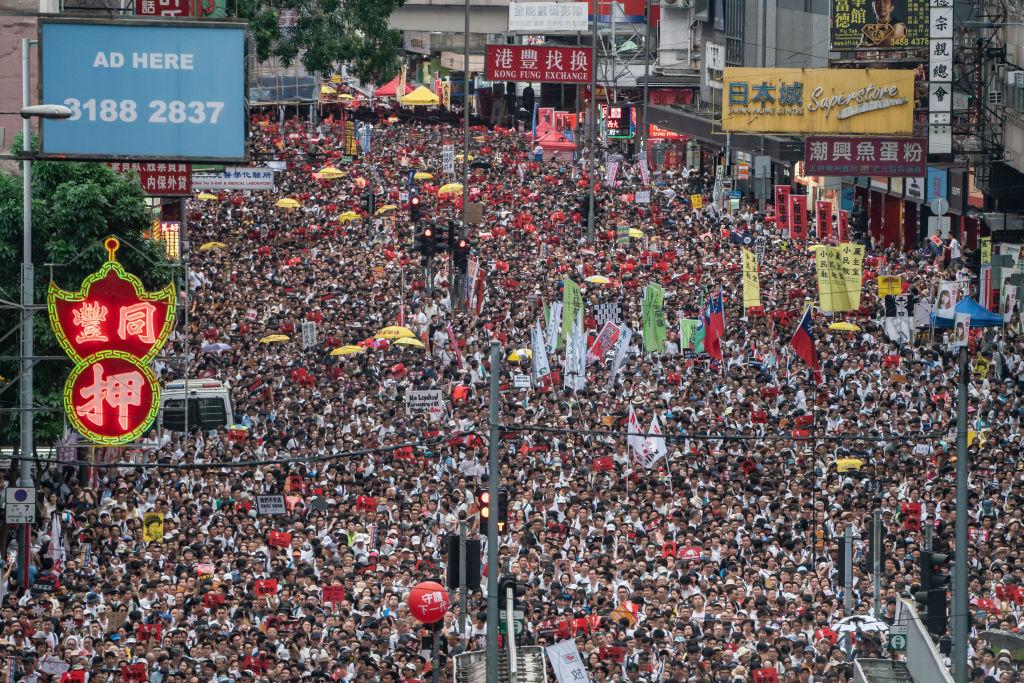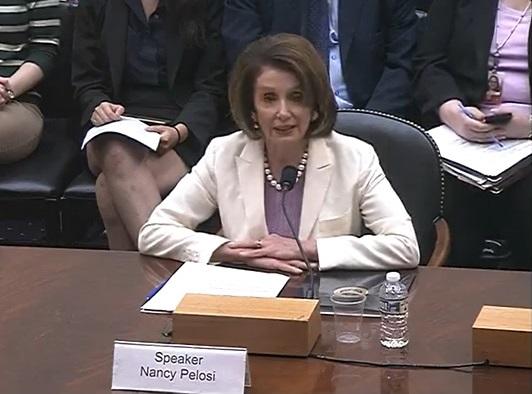WASHINGTON—A bipartisan group of U.S. lawmakers has nominated Hong Kong’s Pro-Democracy Movement for the Nobel Peace Prize of 2020 to recognize the “countless and often anonymous individuals [who] risked their lives, their health, their jobs, and their education to support a better future for Hong Kong.”
“This prize would honor the millions of people in Hong Kong whose bravery and determination have inspired the world,” the lawmakers told the Nobel Peace Prize Committee in a letter published on Feb. 4.




